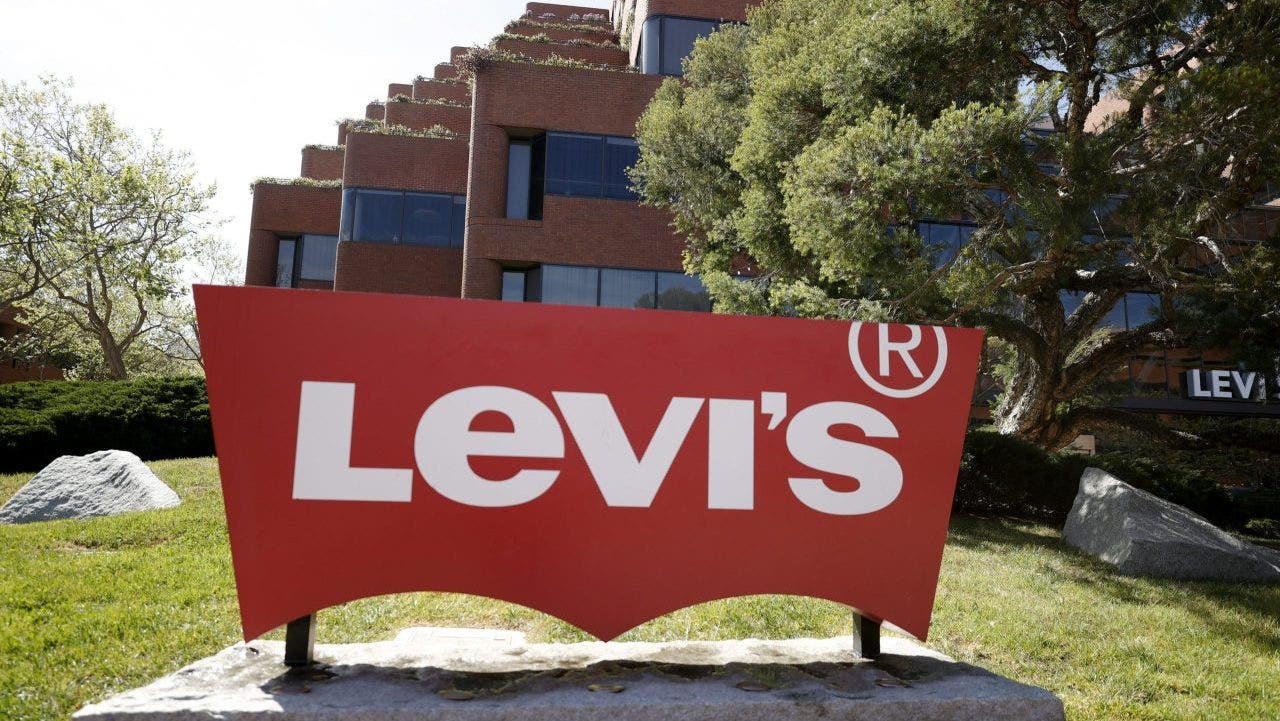They’re turning doomscrolling into dollars.
Gen Z — the generation glued to their screens for nearly seven hours a day — has found a way to cash in on their scroll time: selling their personal data.
Generation Lab, a youth polling company, just launched a cheekily named new venture called Verb.AI that pays young people to let an app track their every digital move — from what they browse to what they binge — all in the name of market research.
“We think corporations have extracted user data without fairly compensating people for their own data,” Cyrus Beschloss, CEO of Generation Lab, said per Axios.
“We think users should know exactly what data they’re giving us and should feel good about what they’re receiving in return.”
In this case, that “something” is cash.
The app can pay $50 or more per month, depending on activity — simply for installing a tracker that builds a “digital twin” to answer queries for clients ranging from political groups to venture capitalists.
“For decades, market research has been the equivalent of a doctor asking a patient to describe their symptoms. VERB is an MRI machine,” the company’s pitch deck boasts.
It’s the latest example of Gen Z flipping the script on data exploitation. Instead of being tracked for free, they’re getting a paycheck — and they’re not mad about it.
“Eighty-eight percent of Gen Z is open to sharing personal information with social media companies,” according to eMarketer, 20 points higher than older generations.
And they’re not just watching content — they’re inhaling it.
Gen Z consumes more content than any other age group, clocking nearly seven hours per day (6.6 to be exact), according to a recent Talker Research study.
Some even binge for 15 hours or more.
They’re also shelling out big bucks — around $97.70 a month — on streaming services and subscriptions.
No surprise, then, that nearly two-thirds of Gen Z say they consume “too much” media, with 66% admitting they feel overwhelmed by the constant barrage.
“The first step is to figure out what’s causing the excessive content consumption in the first place,” explained Natasha Thapar-Olmos, Ph.D., associate professor of psychology at Pepperdine University, as per South West News Service.
“Without understanding the cause, efforts to intervene will be less effective. Try keeping a log of when the behavior tends to happen and any patterns in what might precede it.”
But instead of guilt-tripping, many are monetizing.
Still, while they’re open to sharing, Gen Z also wants boundaries.
A 2022 McKinsey study found they’re more likely than older adults to pay for privacy protections or wipe their data once they’re done with a service — proof they want control, not surveillance.
If nothing else, selling your data is giving “selling plasma” energy — except now, the only thing bleeding is your battery.
With a goal of reaching 5,000 users by fall, Verb is banking on one very Gen Z truth: if they’re already being watched, they’d rather turn Big Data into big bucks.



